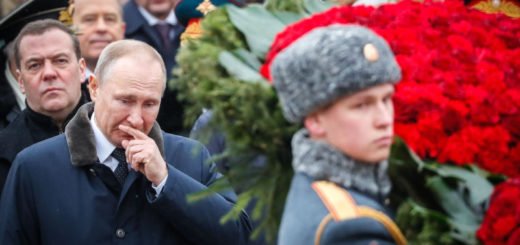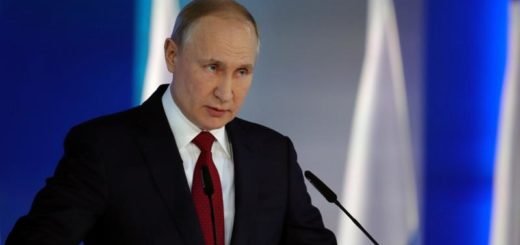New Government in Bhutan: Initial signs a worry for India?
Druk Nyamrup Tshogpa (DNT) got a very strong mandate in Bhutan’s recently held general elections. A party that was formed just 5 years back in 2013. The DNT is headed by Dr Lotay Tshering, who is also the Prime Minister Designate won 30 out of the 47 seats to the National Assembly, and its rival Druk Phuenseum Tshogpa (DPT) got the other 17 seats. These parliamentary elections were the third since Bhutan transitioned to a constitutional monarchy 10 years ago.
Dr Tshering is an MBBS from Dhaka University and is a noted urologist who worked at the Jigme Dorji Wangchuck National referral hospital till 2013. Bhutan is growing at a fast rate but high unemployment and external debt is a trouble for the government. The debt accounts for around 108.6% of its GDP. DNT’s election campaign was based on a slogan “Narrowing the Gap” between the rich and the poor and it attracted a lot of people.
Bhutan is a country which is sandwiched between India and China. Bhutan itself believes it to have a special relationship with India and it does not have official diplomatic or economic ties with China. Sometimes there is pressure created over by China on Bhutan to have a relationship with China. Bhutanese youth and the private sector are tilted towards growing China and are attracting Chinese investment that can provide them employment and fill a gap in their economy.
India has always been in big brother approach towards Bhutan and this is many times becomes a matter of criticism. But India has also provided Bhutan with the loans that are used to fund up to the external debts. India also buys a large amount of Bhutanese hydropower, a sector that makes up 14% of the GDP and 27% of the government’s revenue. The new government wants to diversify the economy and reduce its reliance on hydroelectricity. They are looking for this on the side of China to maximize their profit.
Bhutan also relies on the subsidised kerosene and gas which is given by the Indian government. It’s also an issue in the politics of Bhutan as earlier DPT government paid the price when then Prime Minister Jigme Thinley moved to China for this. India pulled down the subsidies. The new government has planned for the introduction of electric cars and biogas.
It also wants to incentivise agriculture, make teaching a lucrative profession, and increase public-sector wages. Healthcare is a key focus area.
India has been a topic of concern whenever parties have talked about the economic situation and public debt during the election campaign. India has always backed Bhutan against Chinese expansionism. This was displayed during the two-and-a-half-month Doklam standoff last year.
There are many challenges for India like it has to align itself with the expectations of the people of Bhutan. Economically the situations are getting worse day by day. Development is an issue and for people, it doesn’t matter from where it is coming It can be India or China. China is always in the search of opportunity and this New government has already shown it’s alignment towards China.
In past India has provided Bhutan with an equal status by replacing the treaty of 1949 with the treaty of friendship in 2007. It was India that sponsored Bhutan’s membership in the United Nations in 1971.
Bhutan’s new government is in the initial stage so it would be so early to conclude anything but still, initial symbols are not much satisfying for India. Though India’s Prime Minister Narendra Modi was swift in congratulating Bhutan’s Prime Minister-elect Dr Lotay Tshering and he has also invited him to visit New Delhi.
It would be a tough job for the New PM Tshering for maintaining relations with Bhutan’s two giant neighbours. He can think for a medium path by establishing ties with China without impacting relations with India.




















